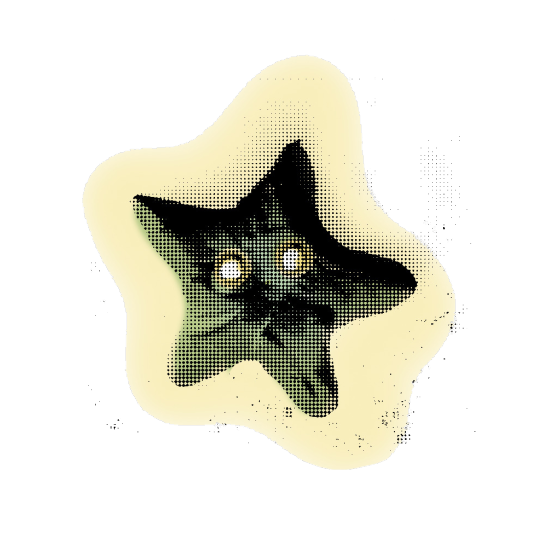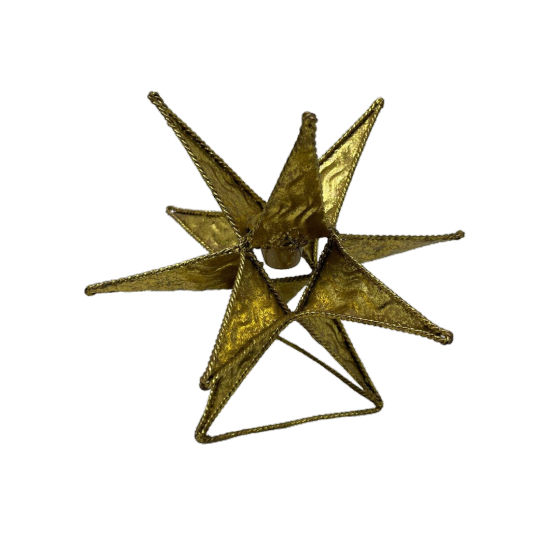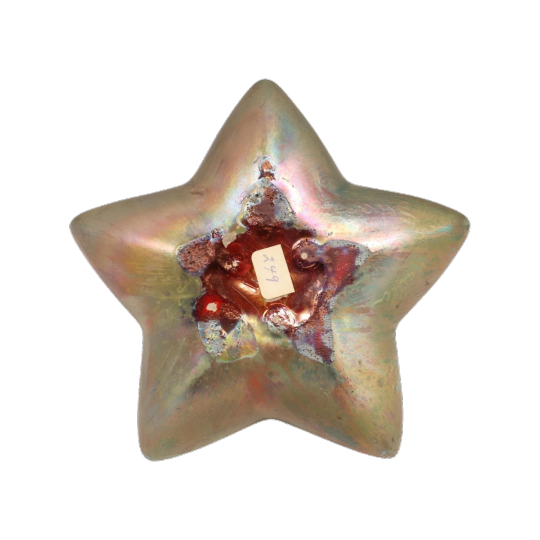Text
~더니
~더니 has no English equivalent so it’s tricky to explainㅜㅜ It basically indicates that you’ve observed/noticed/experienced something in the past.
~더니
*not used with 1st-person tense
*can be used with either verbs or adjectives
1. cause and result
요즘 눈이 많이 오더니 아무도 언니가 엄마한테 선물로 새 외투를 받았어.
언니가 운동을 열심히 하더니 식욕이 왕성해졌어.
민주가 아까 약을 먹더니 지금은 좀 괜찮아졌네요.
걔가 계속 노름을 하더니 결국 가산을 탕진하고 말았어.
2. showing difference/changes from time passing
아침에는 춥더니 낮에는 덥네요.
어제는 비가 오더니 오늘은 하늘이 맑네.
걔가 작년에는 좀 뚱뚱하더니 지금은 날씬해졌어.
예린이가 아까까지만 해도 공부하고 있더니 지금은 노네.
~았/었더니
*can only be used with verbs
1st clause is your own action, 2nd clause is the (observed) result
커피를 마셨더니 집중이 더 잘 돼.
어제 하루 종일 걸었더니 다리가 너무 아파.
공부를 열심히 했더니 성적이 좀 올랐어요.
밥을 너무 많이 먹었더니 배가 진짜 터질 것 같다.
82 notes
·
View notes
Text
Different words meaning 'to use'.
이용하다 - to utilise something for the beneficial facility or function it offers (can also refer to taking advantage/exploiting in a negative way)
쓰레기통을 이용하세요 = please use the trash can
이용자 = a user/visitor of a facility or space
인터넷 이용자 = a user of the internet
도서관 이용자 = a library goer
사용하다 - to use, operate or employ a tool of some kind
컴퓨터를 사용해도 되나요? = May I use the computer?
사용설명서 = instruction manual (lit. usage + explanation + document)
사용자 = consumer/utiliser of something
스페인어 사용자 - user(speaker) of Spanish
유용하다 - to possess uses/functions, able to be utilised positively
병을 여는 데 아주 유용해요 = it's useful/great for opening bottles
이용한 표현을 배우야 해 = you must learn useful/useable phrases
쓰다 - to use or employ something or wear (in terms of some accessories) (also means 'to write' and 'to be bitter'.)
돈을 썼어 = I spent my money
안경을 쓰는 사람 = a person who wears glasses
이것은 어디에 쓰는 겁니까? = where/what is this used for?
연필을 쓰세요 - please use a pencil (whereas 연필로 쓰세요 would be please write in pencil
tldr: 쓰다 is more simple and common in speech but is essentially the same as 사용하다. 이용하다 has a different nuance of referring to making use of a facility offered by an object or space (e.g. using the bathroom, the internet, public transport) rather than 쓰다/사용하다 being the personal, often physical, manipulation of a thing (e.g. using toilet paper, using photoshop, using a pencil). 유용하다 is not about the actual use of something, more a remark on something's ability to be used/useful. The recurring ~용 character of these words comes from the Chinese/Hanja 用 which refers to use, function, utilisation, consumption.
119 notes
·
View notes
Text
random korean vocab
공격하다 - to attack
예감 - premonition, hunch
붙잡다 - to catch, grab
막다 - to block, obstruct
기절하다 - to faint
7 notes
·
View notes
Text
Korean Weather Vocabulary
Watch my lesson on weather in Korean: https://www.youtube.com/watch?v=D0V_FJsVzkI
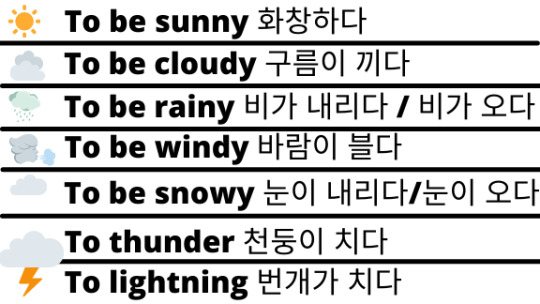
44 notes
·
View notes
Text
New Vocabs i learned this week
i heard this on several video on youtube, variety shows, and my interaction with friends.
자아도취: narcissism
측근: close person
무리수: being irrational/going to far
원어치: original place, original position
대들다: defy, resist
시누이: sister-in-law
개판: mess
정정당당하다: fair
생색내다: show off, boast
얍삽하다: sneaky
이질적: being heterogeneous
거무튀튀하다: blackish, somber
우두커니: blankly, vacantly
허심탄회하다: frank, open-minded
의형제: half-brothers
후천적: being acquired
주시하다: watch
글피: two days after tomorrow/three days from today
그글피: tree days after tomorrow/four days from today
82 notes
·
View notes
Photo

If you’re learning Korean, you might have encountered the word “어차피” (eo-cha-pi) at some point. It’s a useful word that can be translated to “anyway,” “in any case,” or “after all.” When you use “어차피,” you’re often indicating that something is inevitable or necessary, regardless of other circumstances.
To use “어차피”, you simply need to add it to the sentence.
E.g.
어차피 늦었으니까 천천히 와.
(It’s late anyway, so take your time.)
어차피 다른 선택지가 없어.
(There’s no other option anyway.)
그 사람은 어차피 나를 싫어하는 거야.
(That person hates me, after all.)
“어차피” is often used with grammar like ~(으)니까 or -(으)ㄴ/는데 to add more context.
E.g.
어차피 해야 할일이니까 빨리 하고 끝내는게 좋지않겠어요?
(Because it’s something you have to do anyway, isn’t it better to hurry up and finish it?)
어차피 시간이 없는데 일찍 가는 게 좋을 거야.
(Anyway, since we don’t have much time, it’s better to leave early.)
어차피 지나간 일이니까 다시 말하지 말아요.
(Since it’s a thing of the past anyway, let’s not talk about it again.)
어차피 밖에 비가 내리고 있는데 조금더 이야기를 나누자
(It’s raining outside anyway, so let’s talk a little bit more.)
🌸 🌼 🌻
Support me at: https://koreanlanguageloving.my.canva.site/
344 notes
·
View notes
Text
Vocabulary: house (rooms)
2023년 9월 19일
안녕하세요!
Today, we will learn how to say each room of the house!
House: 집
Bathroom: 화장실
Dining Room: 식당
Bedroom: 침실
Kitchen: 부엌
Living room: 거실
Downstairs: 아래층
Upstairs: 윗층
Garage: 차고
Garden: 정원
178 notes
·
View notes
Text
📺 words & expressions i have learned from french shows, movies, & tiktoks

c’est pas grave - it’s okay / it’s no big deal
(ne) t’inquiète (pas) - don’t worry
qu’est-ce que tu fais là ? - what are you doing here?
tu me manques - i miss you
on y va - let’s go
bien sûr - of course
j’suis là - i’m here
je vous en prie - you’re welcome (formal)
mytho - liar
ouais - yeah
un truc - something
voilà - there it is, that’s right, exactly, there you go
oh là là - wow, oh my god
bof - so-so, whatever
hein - the french “huh” or “eh”
ben / bah - well… / uhh…
s’il te plaît ➭ s’te plaît - please
félicitations - congratulations
un mec - a guy (slang)
une meuf - a girl (slang)
1K notes
·
View notes
Text
bon matin! c’est tôt pour moi, hmm? today I’ll be sharing some online resources for learning french ranging from vocab lists to full on courses! i hope you find these useful - the internet really is precious when learning languages! <3
⁎⁺˳✧༚ frenchtoday.com
this website threatens to put me out of business and I couldn’t be more delighted! vocab lists galore, free lessons, tips to work on your pronunciation, articles on french culture and even stories and poetry. i haven’t looked at everything available on there, but from what I’ve seen, it’s pretty useful!
⁎⁺˳✧༚ frenchpod101.com
this is a free course you can take, with options for absolute beginners and those already a little familiar with the language. it looks to be good for conversational french and is an easy, no nonsense starting point for beginners, who i know from experience are often easily overwhelmed.
⁎⁺˳✧༚ coffee break french
this is one I’m not quite as familiar with but has come to me highly recommended. it’s a podcast that covers the basics as well as providing dialogues and example role plays. give it a try and let me know how you find it!
⁎⁺˳✧༚ innerfrench (chaîne de YouTube)
this is a really interesting channel! you get to learn french through a variety of different topical discussions and he speaks slowly enough for you to get most of what he’s saying even if you’re a relative beginner, which can make you feel super smart :)
bien, c’est tout! i hope these recs are alright, and I hope we meet again soon~ a bientôt!
796 notes
·
View notes
Note
About the rose posts tags - could you write out how 520 sounds like "I love you"? Like the pinyin & pronunciation between the two? thank you!!
It is a close homophone but not exact.
520 = wǔ èr líng
I love you = wǒ ài nǐ (我爱你)
N and L sounds are interchangeable in some Chinese accents/dialects, thus why 0 = 你.
521 (wǔ èr yī) also sometimes is used to mean the same thing. It comes from leetspeak which was popular in the 2000s, I believe. There are other phrases that come from numbers that were used when texting first arose. Grabbed these from zhihu:
17 (yao1 qi1) = 友情 (you3 qing2)
↳ "friendship"
1314 (yi1 san3 yi1 si4) = 一生一世 (yi1 sheng1 yi1 shi4)
↳ "A whole lifetime"
0451 (ling3 si4 wu3 yi1) = 你是唯一 (ni3 shi4 wei3 yi1)
↳ "you're the only one"
04551 (ling2 si4 wu3 wu3 yi1) = 你是我唯一 (ni3 shi4 wo3 wei3 yi1)
↳ "you're my only one"
1930 (yi1 jiu3 san1 ling2) = 依旧想你 (yi1 jiu4 xiang3 ni3)
↳ "still thinking about/missing you"
1920 (yi1 er4 san1 ling2) = 依旧爱你 (yi1 jiu4 ai4 ni3)
↳ "still love you"
2030999 (er4 ling2 san1 ling2 jiu3 jiu3 jiu3) = 爱你想你久久久 (ai4 ni3 xiang3 ni3 jiu3 jiu3 jiu3)
↳ “love you miss you always and forever"
0564335 (ling2 wu3 liu4 si4 san1 san1 wu3) = 你无聊时想想我 (ni3 wu2 liao2 shi2 xiang3 xiang3 wo3)
↳ "When you're bored, think of me"
176 (yi1 qi1 liu4) = 一起走 (yi1 qi3 zou3)
↳ "[let's] go together"
1456 (yi1 si4 wu3 liu4) = 你是我的 (ni3 shi4 wo3 de)
↳ "You're mine"
14567 (yi1 si4 wu3 liu4 qi1) = 你是我老妻 (ni3 shi4 wo3 lao3 qi1)
↳ "You're my old/dear wife"
02825 (ling2 er2 ba1 er4 wu3) = 你爱不爱我 (ni2 ai4 bu4 ai4 wo3)
↳ "Do you love me?"
2013614 (er2 ling2 yi1 san1 liu4 yi1 si4) = 爱你一生又一世 (ai4 ni3 yi1 sheng1 you4 yi1 shi4)
↳ "Love you for life plus a lifetime"
2627 (er4 liu4 er4 qi1) = 爱来爱去 (ai4 lai3 ai4 qu4)
↳ "Love comes and goes"
12746 (yi1 er4 qi1 si4 liu4) = 你恶心死了 (ni3 e3 xin1 si3 le)
↳ "You're nauseating/embarrassing/disgusting as hell"
13456 (yi1 san1 si4 wu3 liu4) = 你相思无用 (ni3 xiang1 si1 wu2 yong4)
↳ "Your pining is useless"
1437 (yi1 si4 san1 qi1) = 你是神经 (ni3 shi4 shen2 jing1)
↳ "You're insane/unhinged"
14517 (yi1 si4 yao1 qi1) = 你是我氧气 (ni3 shi4 wo3 yang3 qi4)
↳ "You are my oxygen"
14535 (yi1 si4 wu3 san1 wu3) = 你是否想我 (ni3 shi4 fou3 xiang3 wo3)
↳ "Do you miss me?"/"Are you thinking about me or not?"
As a side note, there is some number based slang that is not from leetspeak as well. For example, 250 (èr bǎi wǔ) is slang for "idiot" but the origins of this is actually a folktale, so it is from olden times. 233 is often used to express laughter but this is because it was the image id of a laughing emoji from a popular sticker pack back in the day.
518 notes
·
View notes
Text
75 essential single-character verbs (单字动词)

When I started consuming more native Chinese content, I quickly discovered an area in which my knowledge was lacking: single-character verbs. In my experience, it’s very easy to focus on learning words consisting of two or more characters and overlook single-character words.
Driven by curiosity, I went through my Anki deck (and also wracked my brain) to generate a list of characters/words that I have learned over the past couple years (roughly). Then I selected 75 verbs that are fairly common and important to know. They skew towards intermediate and advanced vocabulary.
Definitions are from MDBG. For characters with additional meanings that I am not yet familiar with, I have bolded the meanings I want to share.
(1) 抢 qiǎng - to fight over / to rush / to scramble / to grab / to rob / to snatch
(2) 救 jiù - to save / to assist / to rescue
(3) 扶 fú - to support with the hand / to help sb up / to support oneself by holding onto something / to help
(4) 催 cuī - to urge / to press / to prompt / to rush sb / to hasten sth / to expedite
(5) 夹 jiā - to press from either side / to place in between / to sandwich / to carry sth under armpit / wedged between / between / to intersperse / to mix / to mingle / clip / folder / Taiwan pr. [jia2]
(6) 咬 yǎo - to bite / to nip
(7) 砸 zá - to smash / to pound / to fail / to muck up / to bungle
(8) 毁 huǐ - to destroy / to ruin / to defame / to slander
(9) 嚷 rǎng - to shout / to bellow / to make a big deal of sth / to make a fuss about sth
(10) 塞 sāi - to stop up / to squeeze in / to stuff / cork / stopper
(11) 贪 tān - to have a voracious desire for / to covet / greedy / corrupt
(12) 拆 chāi - to tear open / to tear down / to tear apart / to open
(13) 掏 tāo - to fish out (from pocket) / to scoop
(14) 跪 guì - to kneel
(15) 摘 zhāi - to take / to borrow / to pick (flowers, fruit etc) / to pluck / to select / to remove / to take off (glasses, hat etc)
(16) 拎 līn - to lift up / to carry in one’s hand / Taiwan pr. [ling1]
(17) 扛 káng - to carry on one’s shoulder / (fig.) to take on (a burden, duty etc)
(18) 拽 zhuài - to pull / to tug at (sth)
(19) 愣 lèng - to look distracted / to stare blankly / distracted / blank / (coll.) unexpectedly / rash / rashly
(20) 搂 lǒu - to hug / to embrace / to hold in one’s arms
(21) 垮 kuǎ - to collapse (lit. or fig.)
(22) 撑 chēng - to support / to prop up / to push or move with a pole / to maintain / to open or unfurl / to fill to bursting point / brace / stay / support
(23) 甩 shuǎi - to throw / to fling / to swing / to leave behind / to throw off / to dump (sb)
(24) 围 wéi - to encircle / to surround / all around / to wear by wrapping around (scarf, shawl)
(25) 愁 chóu - to worry about
Continuar lendo
760 notes
·
View notes
Text
Semester in SK: Korean Curse Words
안녕하세요 여러분! I’m sharing yet another Instagram post with you all–this one is about a bunch of Korean curse words! Very silly, I know, but curse words are a big part of any language and can be fun to learn about! Of course, be careful when using these and please do not use them often–I’m just sharing them for fun and so you can recognize them if you hear them :) I hope you enjoy! 화이팅!

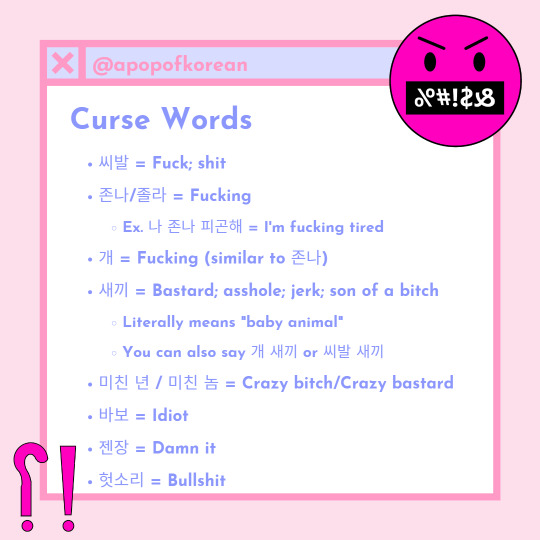
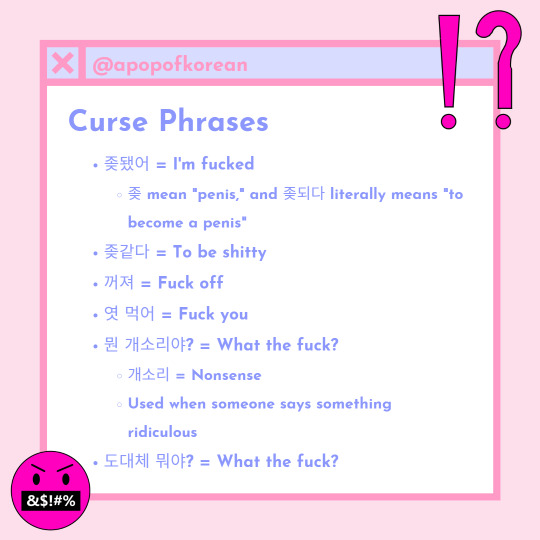

My masterlist
Join my Discord chat here to practice Korean with others!
Follow me on Instagram here for more Korean content!
Get Drops Premium using my affiliate link to expand your Korean vocab!
Check out my Ko-Fi to support this blog and my studies! Thank you for your generosity!
392 notes
·
View notes






